Putin claims 2020 election was stolen and links Trump’s loss to Ukraine conflict
- Update Time : Sunday, January 26, 2025
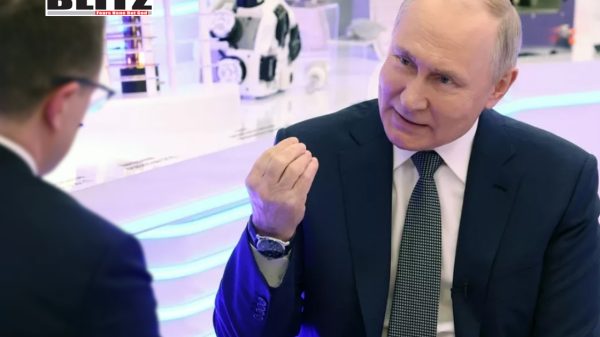
Russian President Vladimir Putin has reignited a contentious debate by claiming the 2020 US presidential election was “stolen” from Donald Trump. He suggested that a fair outcome, with Trump retaining the presidency, might have prevented the Ukraine conflict. These remarks, aired during an interview with Russia 1 TV journalist Pavel Zarubin on January 24, have added fuel to ongoing controversies surrounding the legitimacy of the 2020 election and the geopolitical repercussions of US leadership changes.
Putin’s assertions align with Trump’s repeated claims that the election was “rigged.” Trump has steadfastly maintained that he won the popular vote but was denied victory due to widespread voter fraud, a claim dismissed by numerous court rulings and independent investigations. Despite these rejections, the narrative persists among Trump’s supporters and has become a rallying cry for his political movement.
In his interview, Putin reflected on the hypothetical scenario of Trump’s second term. “I cannot disagree with him that if he had been president, if his victory hadn’t been stolen in 2020, perhaps the crisis in Ukraine that arose in 2022 wouldn’t have happened,” he said. Putin’s comments suggest that he perceives Trump’s approach to international relations, particularly with Russia, as markedly different from that of President Joe Biden.
Putin’s relationship with Trump has long been the subject of scrutiny and speculation. Critics argue that Trump’s presidency was characterized by a lenient stance toward Russia, citing his hesitance to criticize Putin publicly and his administration’s withdrawal from key international agreements that countered Russian interests. Proponents, however, contend that Trump’s “America First” strategy emphasized pragmatic diplomacy and reduced the likelihood of direct confrontations.
Trump has echoed Putin’s sentiments, claiming that the Ukraine conflict would not have erupted under his leadership. In a 2023 interview with radio host Hugh Hewitt, Trump asserted, “[Putin] would have never done it if the election weren’t rigged, our election. It was rigged and stolen. If that election wasn’t rigged, if I were president, you would right now have millions of people living that are dead.”
These statements highlight Trump’s belief that his leadership style and foreign policy approach deterred Russian aggression. Critics, however, argue that Trump’s claims lack substantive evidence and downplay the complexities of international relations, including longstanding tensions between Russia and Ukraine.
The contentious narrative surrounding the 2020 election culminated in the storming of the US Capitol on January 6, 2021. A mob of Trump supporters breached security, interrupting the certification of Biden’s electoral victory. The event resulted in multiple deaths, widespread injuries, and extensive property damage.
Democrats accused Trump of inciting the riot through his rhetoric, leading to his second impeachment by the House of Representatives. In the subsequent Senate trial, Trump was acquitted, with many Republican senators arguing that his speech was protected under the First Amendment.
Hours into his second term, Trump issued a controversial mass pardon for approximately 1,500 individuals involved in the Capitol riot. He described them as “patriots” and “hostages” of a politically motivated justice system. This decision drew sharp criticism from Democrats and some Republicans, who argued that it undermined the rule of law and accountability for violent actions.
In June 2021, Putin criticized the US government’s handling of the Capitol riot, accusing it of hypocrisy. He argued that while Washington often condemns crackdowns on anti-government protests abroad, it harshly prosecutes its own citizens who express political dissent.
“They weren’t just a crowd of robbers and rioters. Those people had come with political demands,” Putin said, drawing parallels between the Capitol rioters and opposition protests in countries targeted by US foreign policy. His remarks resonated with those who view the American political system as selectively applying principles of democracy and human rights.
The 2020 election remains a polarizing issue in American politics. While Biden won both the popular vote and the Electoral College, Trump garnered over 74 million votes, the highest for an incumbent president. Despite this, his legal team failed to provide credible evidence of widespread voter fraud in court. Nonetheless, a significant portion of the Republican base continues to believe in the “stolen election” narrative.
Trump’s insistence on election fraud has shaped the GOP’s political strategy and rhetoric. It has also influenced state-level legislative efforts to tighten voting laws, which proponents argue ensure election integrity but critics say disproportionately disenfranchise minority voters.
Putin’s claim that Trump’s leadership might have prevented the Ukraine conflict underscores the broader geopolitical implications of US elections. The Biden administration has adopted a firm stance against Russia, providing significant military and financial support to Ukraine. This approach has strained US-Russia relations and contributed to the broader polarization of international alliances.
Supporters of Biden’s policy argue that it demonstrates a commitment to defending democratic values and deterring aggression. Detractors, however, contend that it has escalated tensions and prolonged the conflict, with devastating humanitarian consequences.
Putin’s comments reflect a convergence of domestic and international politics, where narratives of electoral legitimacy influence global perceptions of US leadership. They also highlight the enduring impact of the 2020 election on American political discourse and its ripple effects on global stability.
As Trump campaigns for a potential return to the White House in 2024, his claims about the 2020 election and his foreign policy record will remain central to his platform. Meanwhile, the Biden administration faces the dual challenge of addressing domestic political divisions and navigating a complex international landscape shaped by rival powers like Russia and China.
Whether Putin’s assertions will resonate with American voters or influence international perceptions of US democracy remains to be seen. What is clear, however, is that the interplay between domestic politics and global geopolitics continues to shape the narrative of the 21st century.


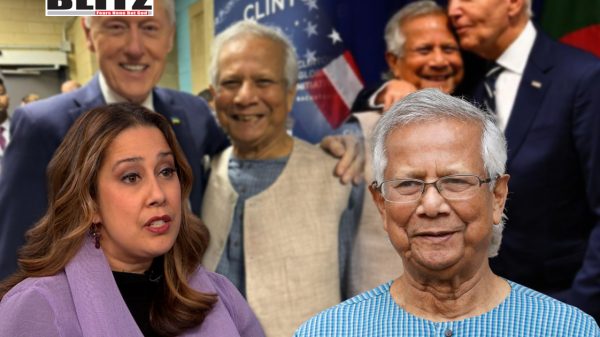
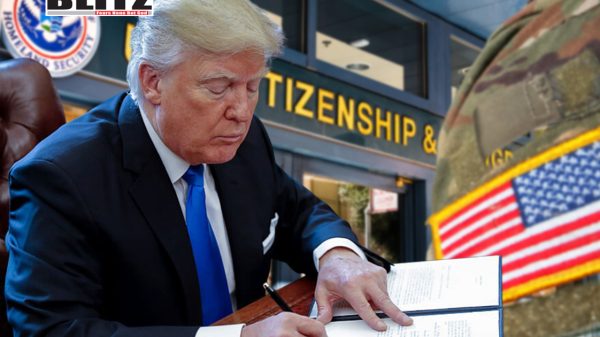
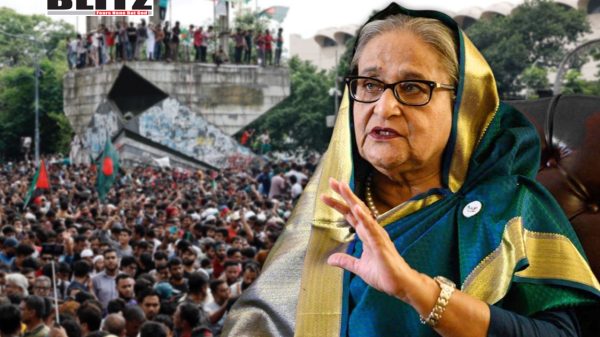
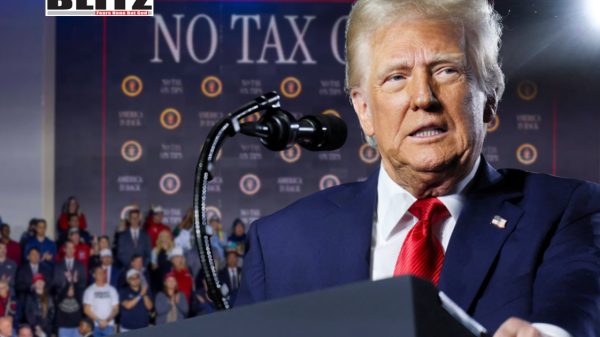
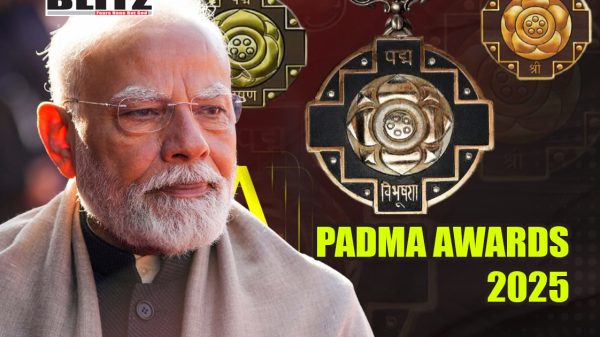
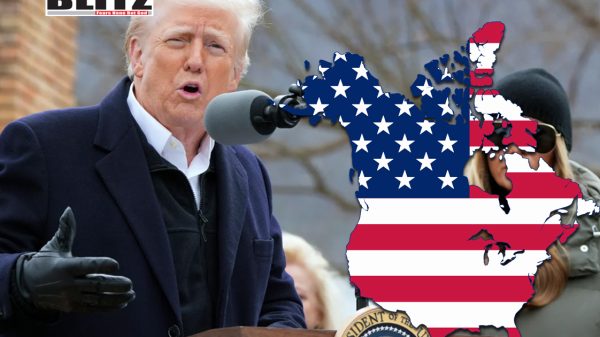
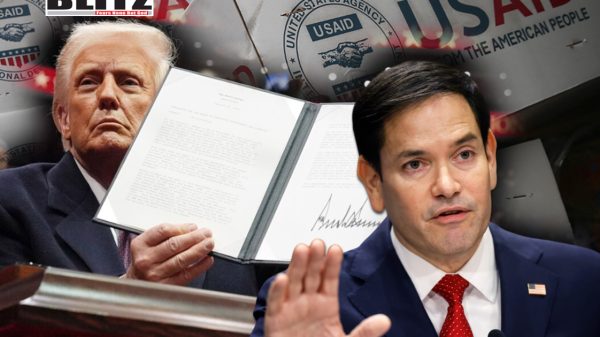
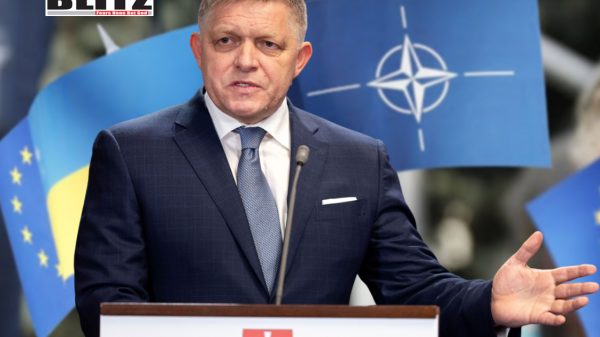
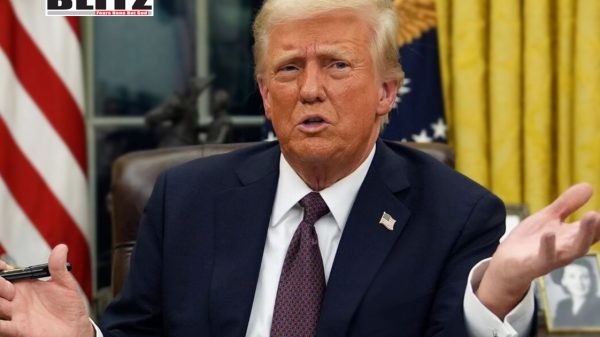

Leave a Reply